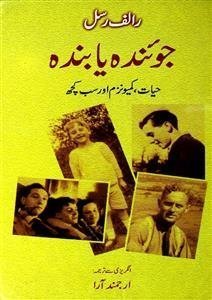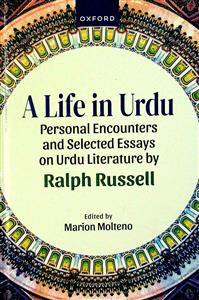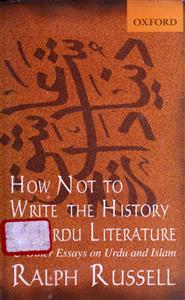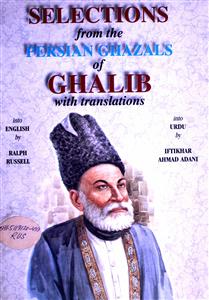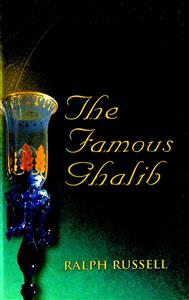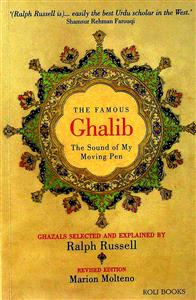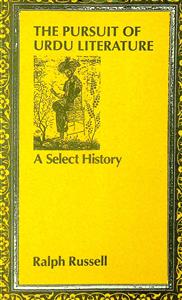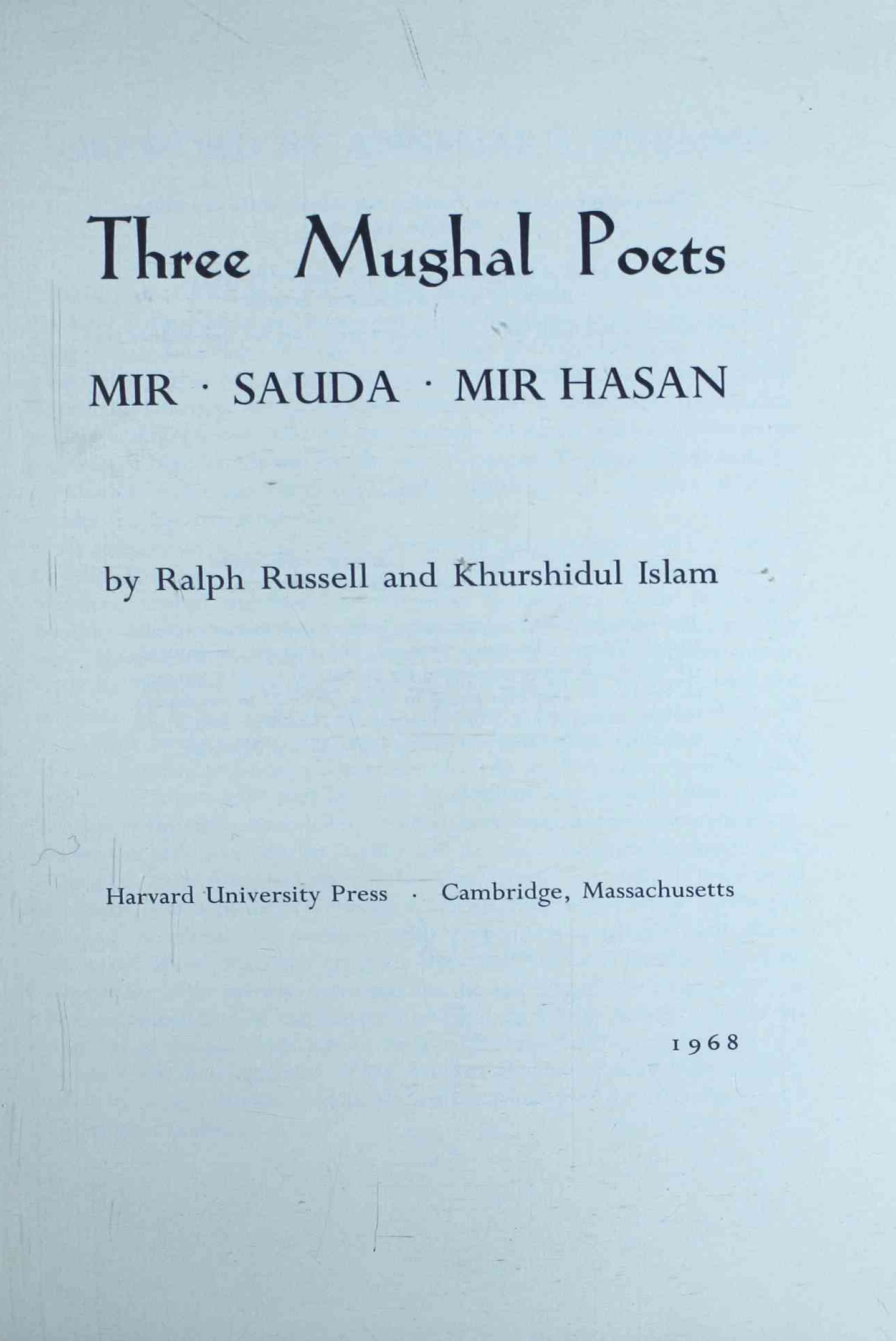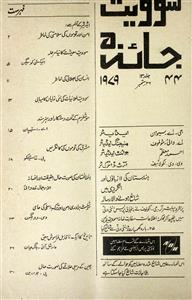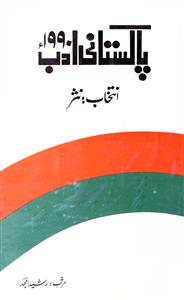 For any query/comment related to this ebook, please contact us at haidar.ali@rekhta.org
For any query/comment related to this ebook, please contact us at haidar.ali@rekhta.org
About The Author
Russell was born in Hammerton, West Riding of Yorkshire, England, and grew up in Loughton, Essex. He was educated at Chigwell School, and later at St John's College, Cambridge, where he read classics and geography, graduating in 1940 with an ordinary degree. He learnt Urdu while serving in India on attachment to the Indian Army during World War II, achieving "considerable fluency at the level of everyday communication with my sepoys." During the war he had "no opportunity of making the acquaintance of Urdu literature", but following demobilization he was awarded a scholarship to study at the School of Oriental and African Studies (SOAS), University of London, where he took a degree in Urdu (with Sanskrit as a subsidiary subject) in 1949.
Upon graduation Russell spent a year on study leave at Aligarh Muslim University in India, before returning to teach Urdu and Urdu literature at SOAS. Although he remained at SOAS for the rest of his career, he continued to lecture and conduct research at universities in both India and Pakistan. He wrote articles and essays in Urdu and English, and attended literary seminars and workshops on the subject of his specialization. He was the most well known authority on Urdu literature outside South Asia. His work on Urdu poetry in the late Mughal era, and his translation of Ghalib's poetry and prose is studied all over the world.
For much of his life Russell was a member of the Communist Party of Great Britain. He later explained his commitment as "want[ing] to meet the needs of the people whom the communist movement is supposed to exist to serve." The historian Eric Hobsbawm, a fellow communist who attended Cambridge at the same time as Russell, remembered him as a "working-class classics student of steely bolshevik demeanour" who had been nicknamed 'Georgi' after the then Secretary of the Comintern, Georgi Dimitrov.
Russell was awarded the Sitara-e-Imtiaz in recognition of his services to Urdu language and literature by the Government of Pakistan. Loughton Town Council installed a blue plaque to Russell at his boyhood home on 6 Queen's Road in that town, which was inaugurated with a reception given by the present owners for family, friends and colleagues on 15 July 2013.
Source: Wikipedia
 For any query/comment related to this ebook, please contact us at haidar.ali@rekhta.org
For any query/comment related to this ebook, please contact us at haidar.ali@rekhta.org
Write a Review
Jashn-e-Rekhta 10th Edition | 5-6-7 December Get Tickets Here
